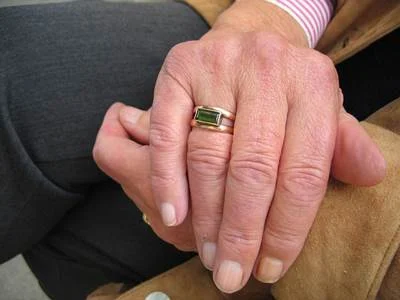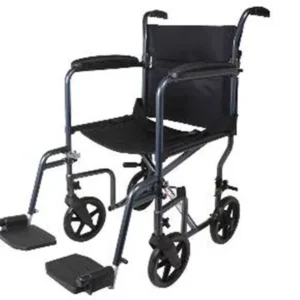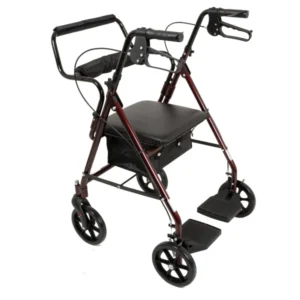How to discuss incontinence with an elderly loved one

- March 14, 2024
Discussing incontinence with an elderly loved one can be a very sensitive subject. It may be embarrassing for children of elderly parents to approach the subject. Very often, children may not want to offend their parents. However, seniors may not realize that there is a tell-tale odor in their home or coming from their clothing. Even though there are many discreet incontinence aids, seniors are hesitant to talk about the problem.
However, discussing incontinence doesn’t have to be a big problem. You just need to know how to approach the subject and be tactful. In this article, you will find out top 3 tips on talking about incontinence to senior loved ones.
1. Think before you speak about incontinence
One way to solve the issue of talking about incontinence with your loved one is to think about how best to approach the subject. At first, the elderly person may be on the defensive, so it’s good to try and be on their side.
Make sure that they realize you have their best interests at heart. Very often, the first step could be to recommend visiting a doctor. Sometimes, the advice from a professional can be much more effective.
2. When to speak
Very often, you can speak successfully about delicate issues when you choose the right moment. So, don’t just blurt something out about there being a strong smell of urine in the house and they should do something about it.
Choose your moment wisely. Usually, this will be when you and your loved one are in a relaxing atmosphere. So, why not go for a walk in the park, play cards, or something else they enjoy doing.
It’s also important to try and release any frustration about the situation from your mind. And irritation that you are harboring will usually come out in the tone of your voice.
3. How to speak about incontinence
Be empathetic when you approach the subject of incontinence. Empathy means putting yourself in their shoes. This can help you choose the tone of voice and the proper words to cause the least embarrassment.
It’s also important, to be honest and detailed about your observations. If they don’t realize there is a problem, this can help them seek the necessary help. If, your loved one goes on the defensive, don’t give up, but confirm your care and love for them. This can help your loved one to feel more at ease and less embarrassed.













